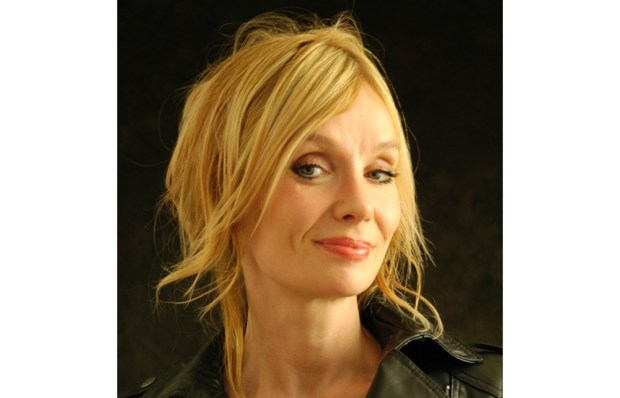Practice is a short novel set in a ‘narrow room’: one day in the life of an Oxford undergraduate writing an essay on Shakespeare’s sonnets. Annabel is trying to ‘perfect her routine, to get more out of each day’. She goes to bed early and rises at 6 a.m. She makes coffee like it’s a ritual and drinks it from the same small, brown mug.
Already a subscriber? Log in
Subscribe for just $2 a week
Try a month of The Spectator Australia absolutely free and without commitment. Not only that but – if you choose to continue – you’ll pay just $2 a week for your first year.
- Unlimited access to spectator.com.au and app
- The weekly edition on the Spectator Australia app
- Spectator podcasts and newsletters
- Full access to spectator.co.uk
Or
Unlock this article
You might disagree with half of it, but you’ll enjoy reading all of it. Try your first month for free, then just $2 a week for the remainder of your first year.














Comments
Don't miss out
Join the conversation with other Spectator Australia readers. Subscribe to leave a comment.
SUBSCRIBEAlready a subscriber? Log in